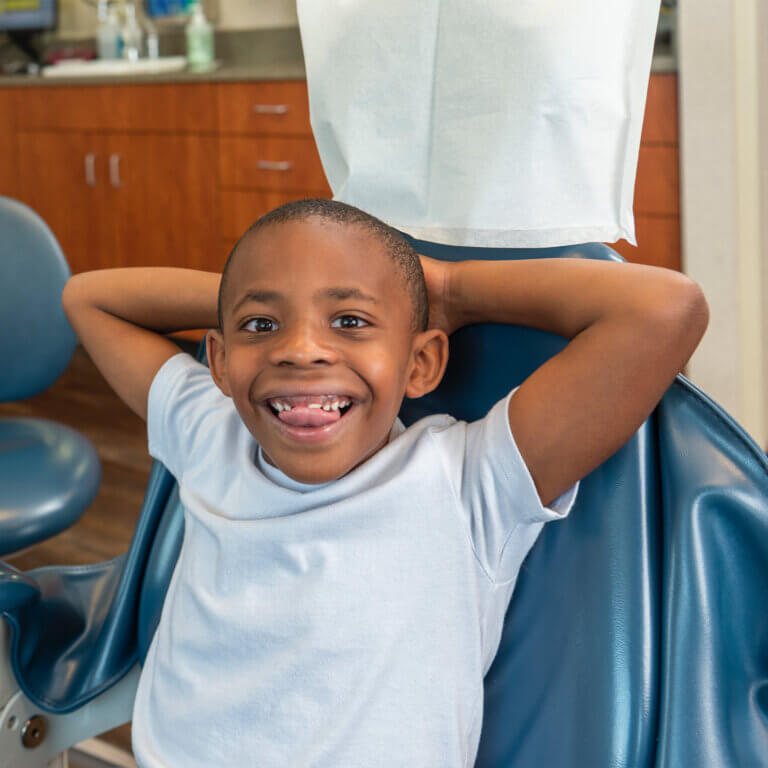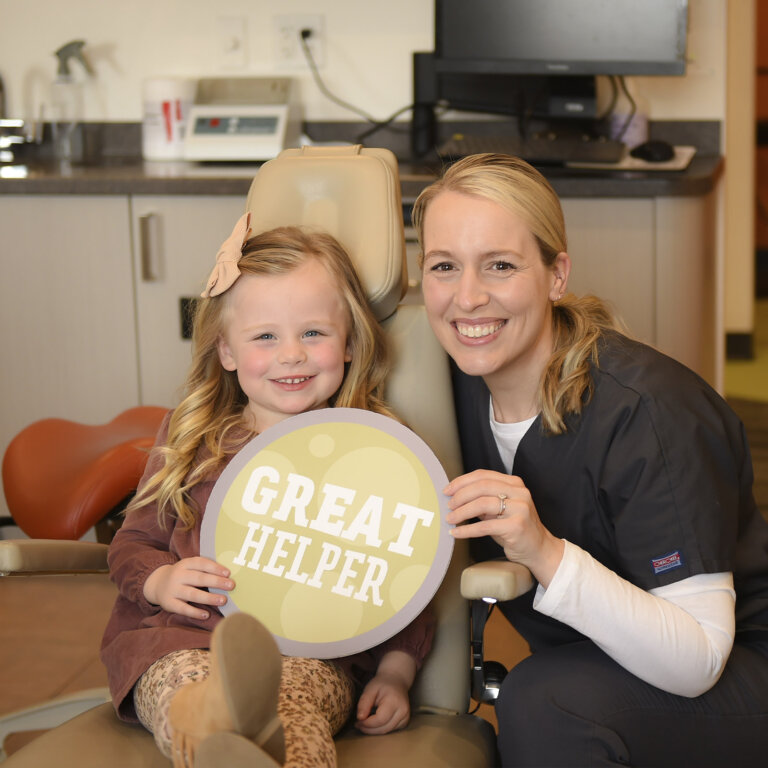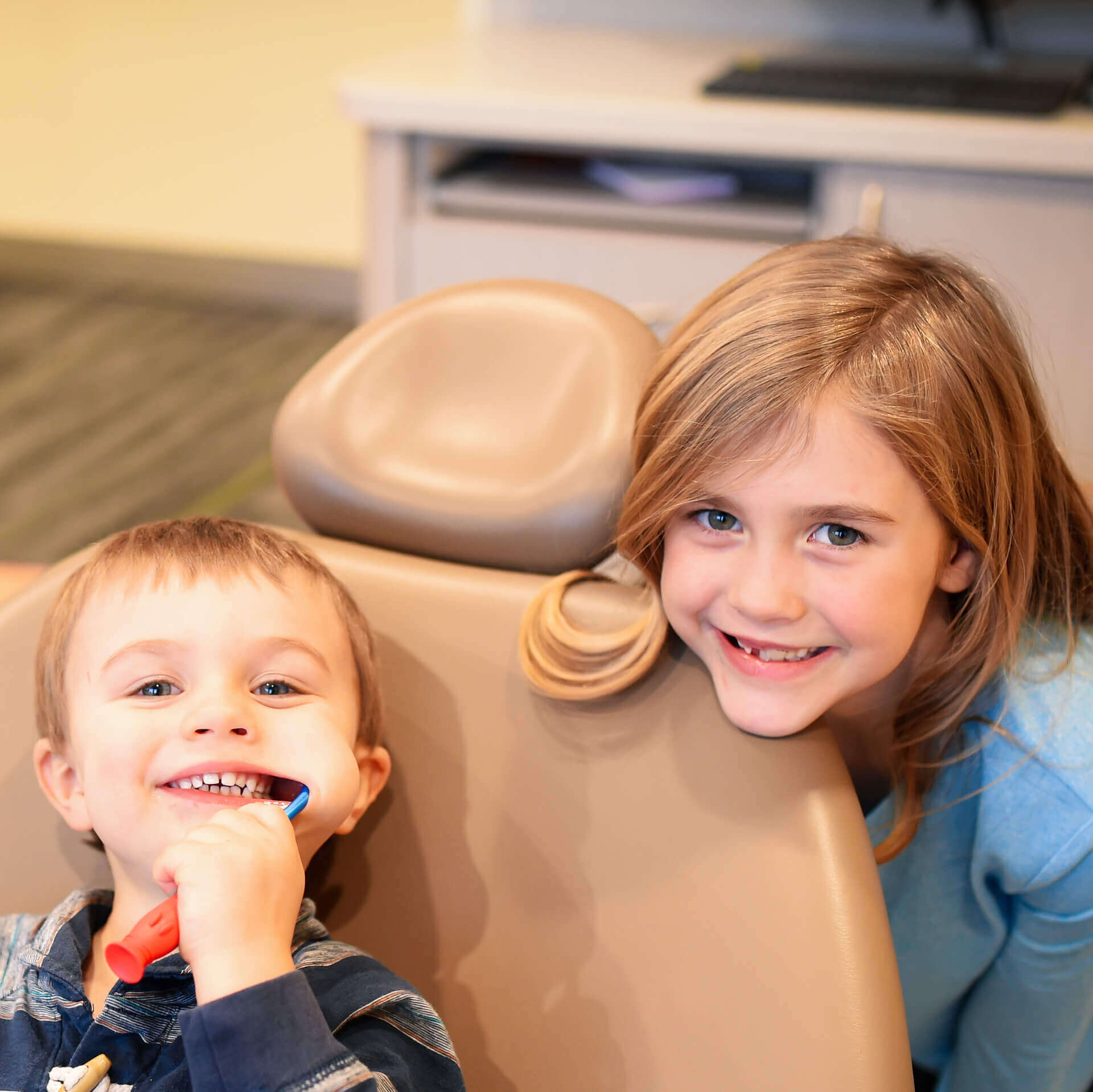
Fluoride treatments and dental sealants keep cavities away
Sorry, cavities—you’re not welcome here! An important part of preventive dental care is protecting your child’s mouth from tooth decay, cavities, and other potential issues. Fluoride treatments and dental sealants are two effective methods we use to help protect your child’s pearly whites from future problems.
What to expect
It’s well worth the effort to provide extra protection for your child’s teeth. Here’s what you and your child can expect during your Smiles in Motion visit.
Smile! We’ve got the insights you’re looking for

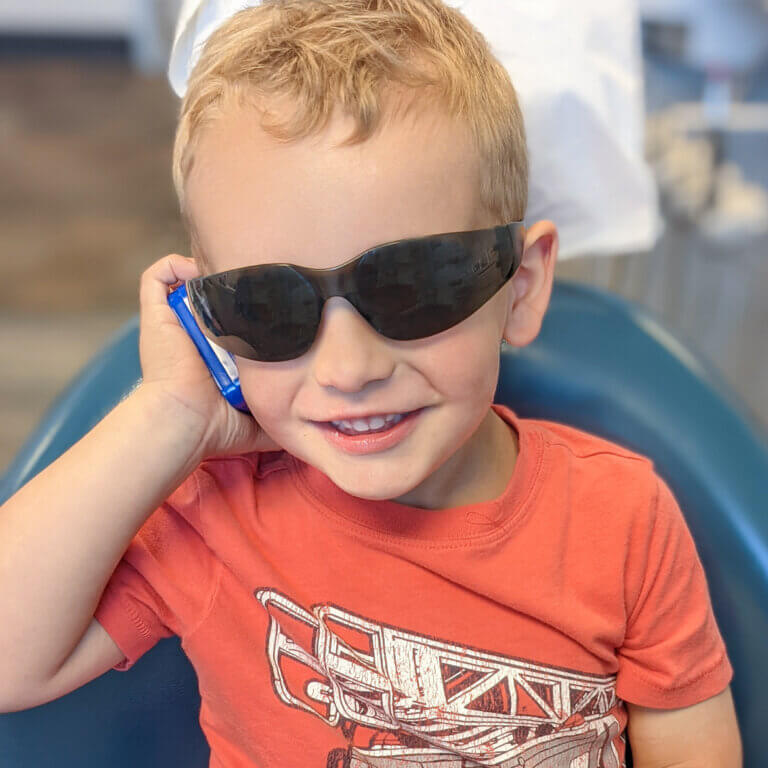
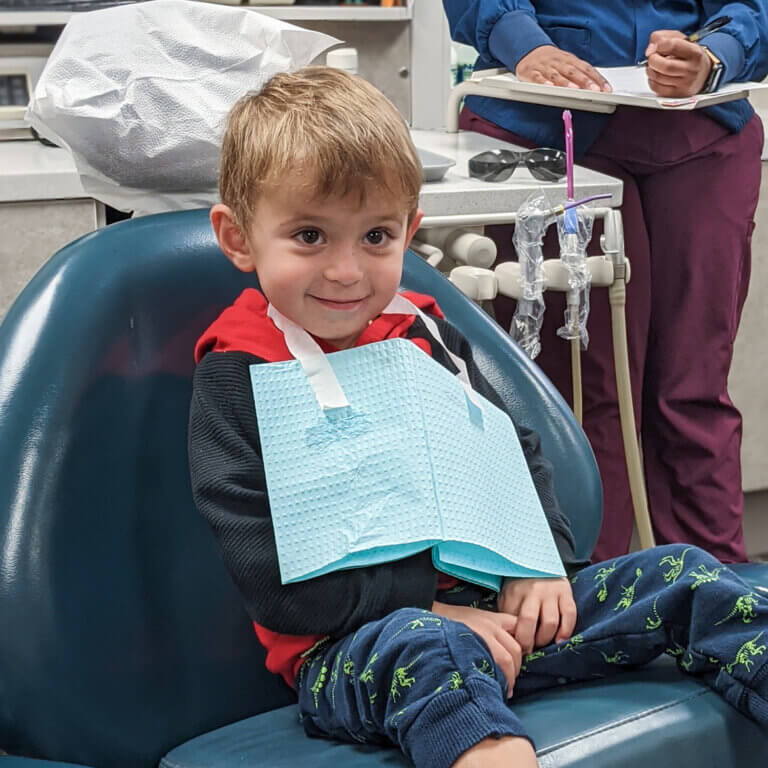
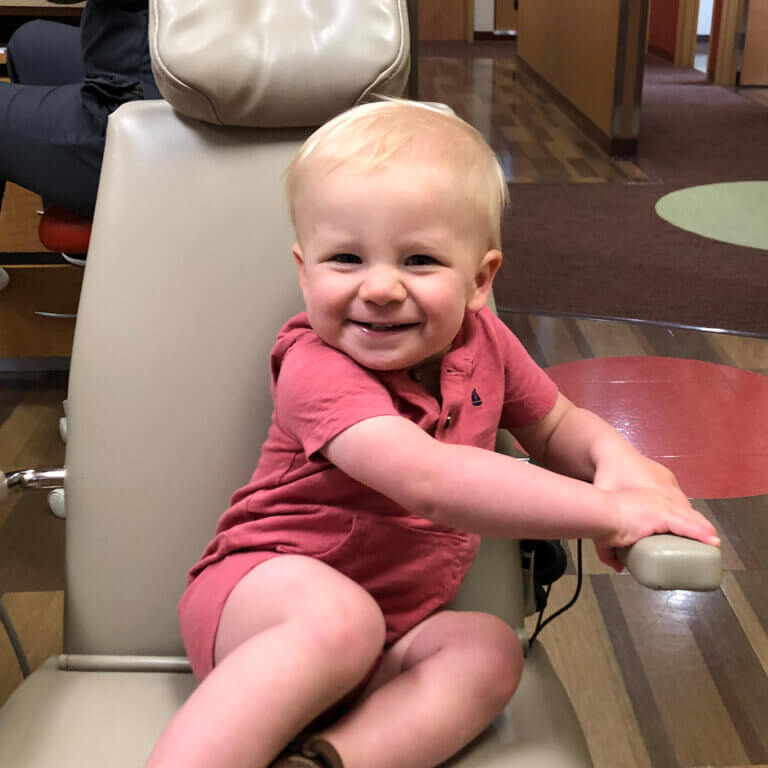


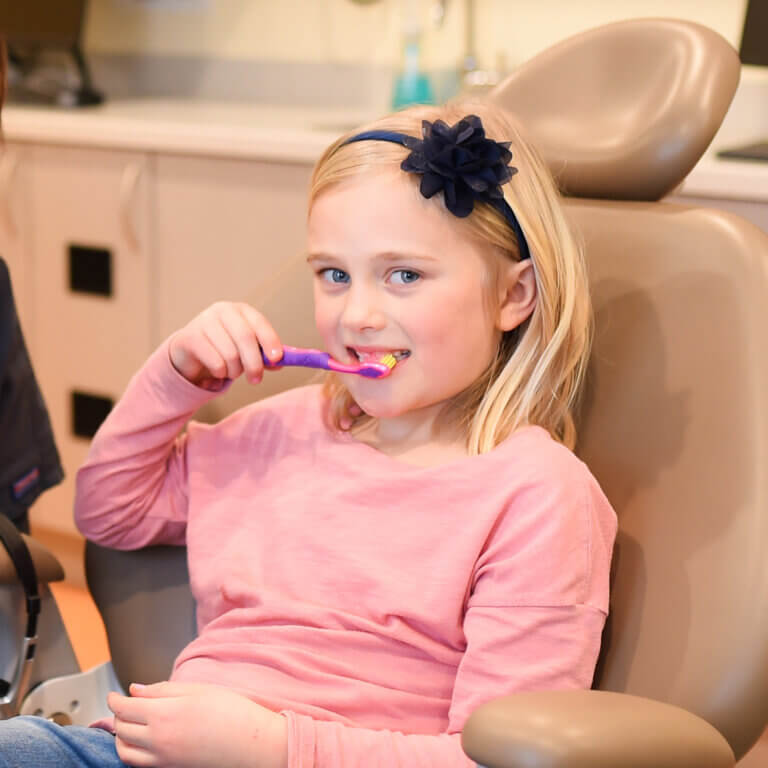
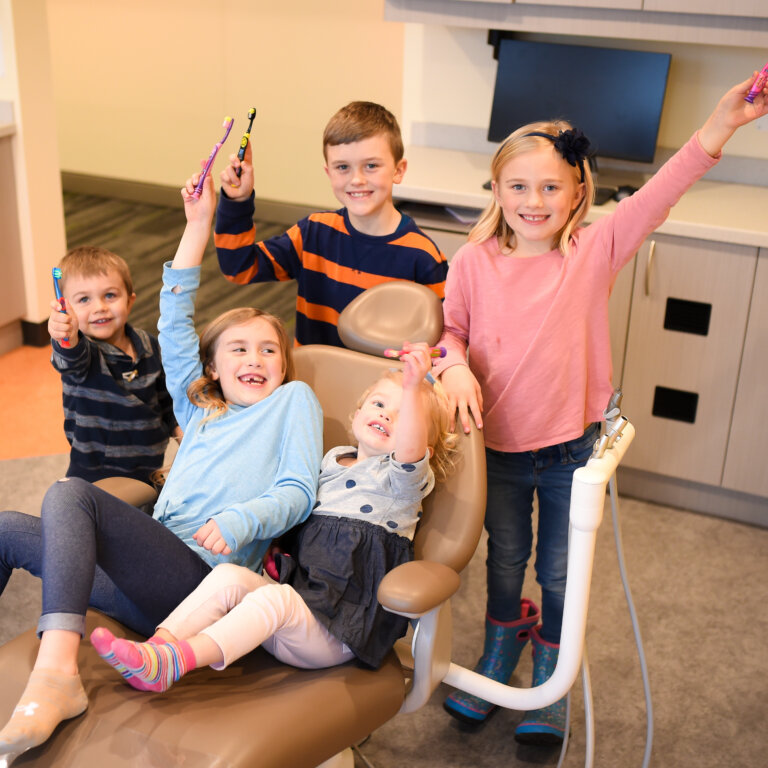


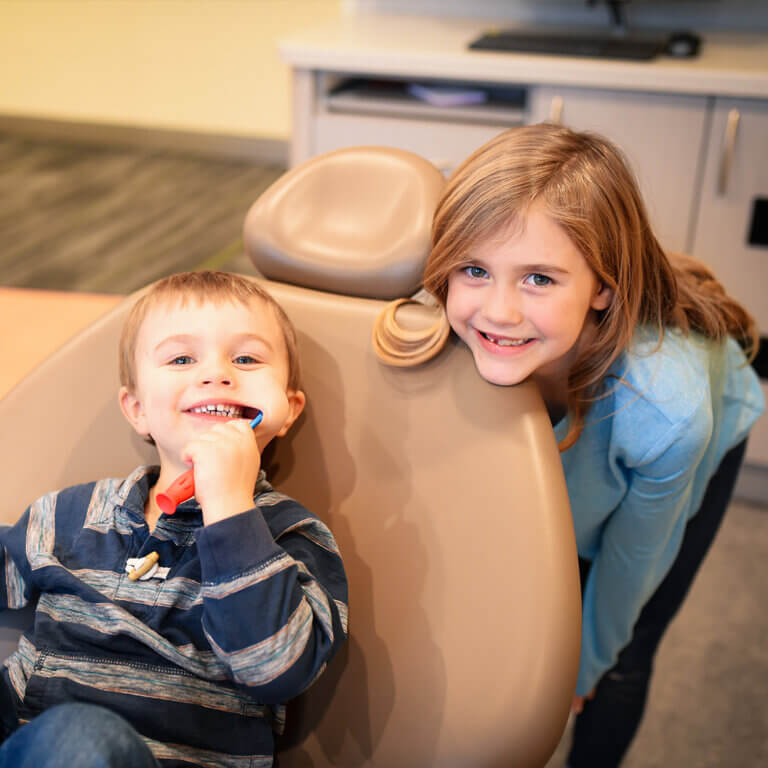
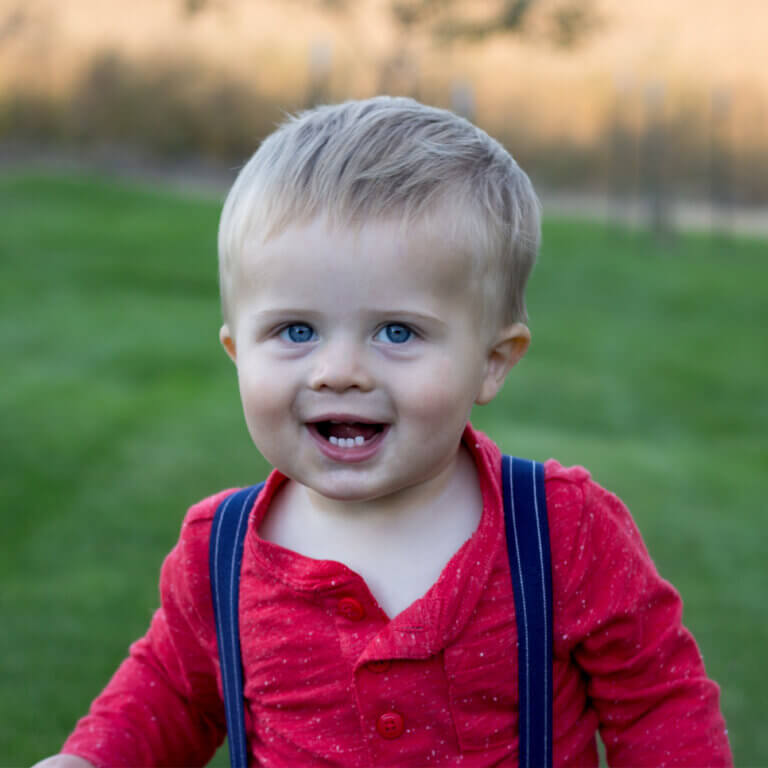
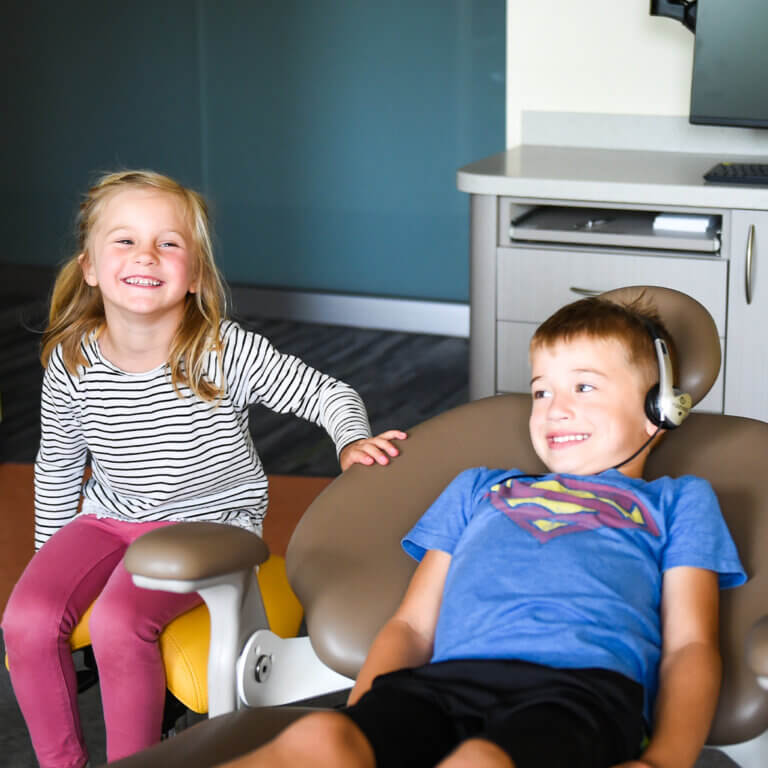
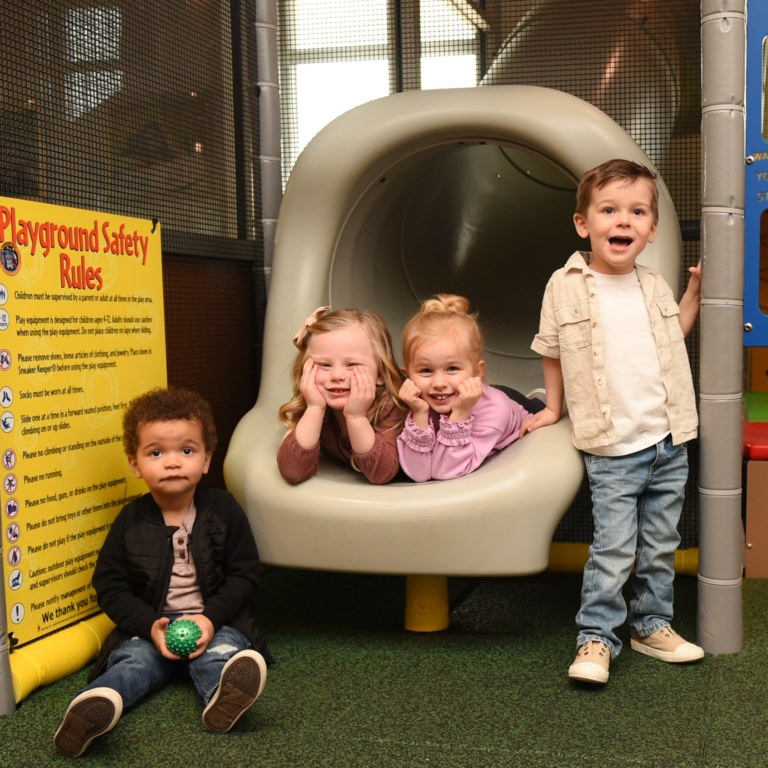



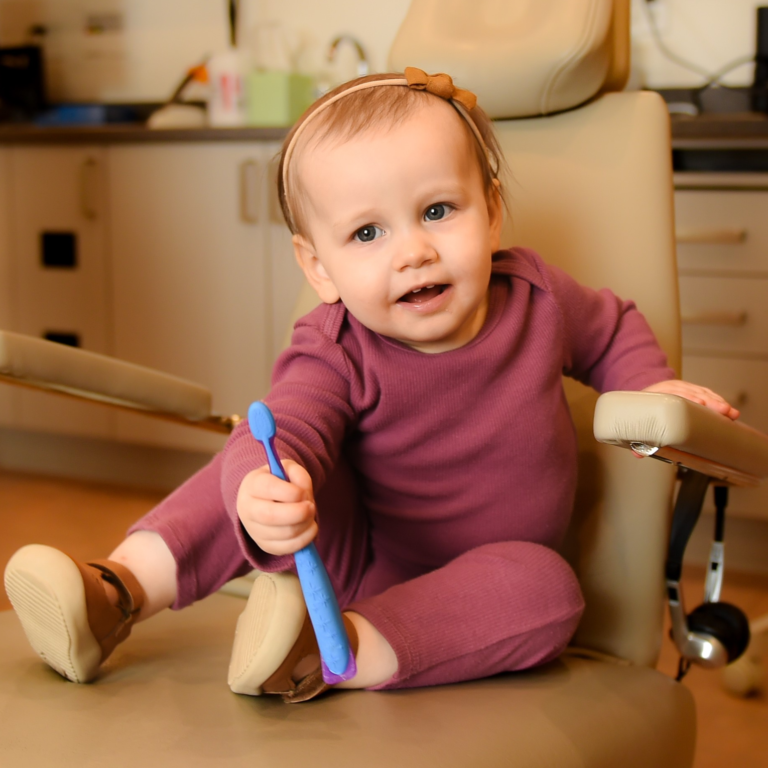


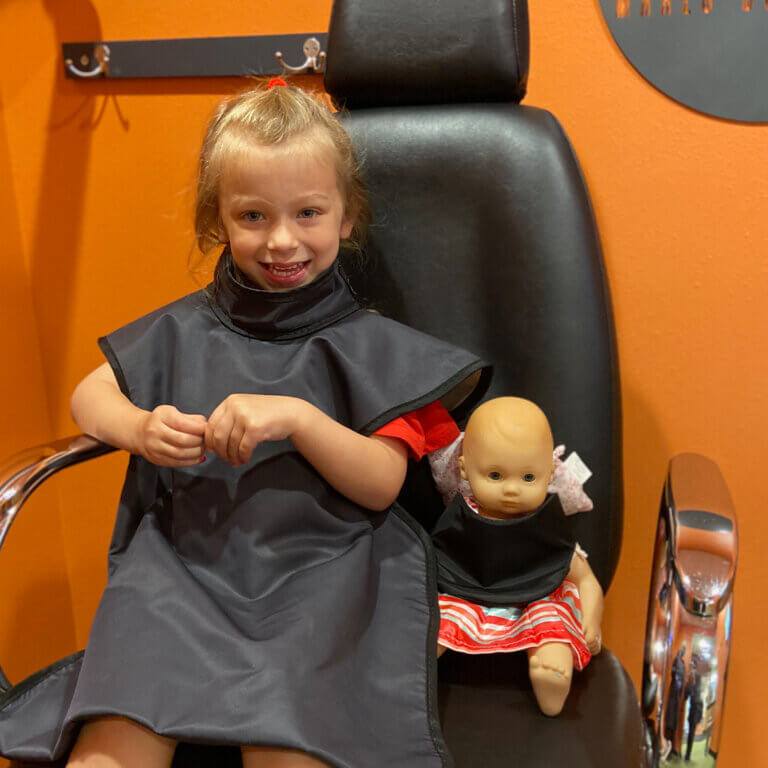
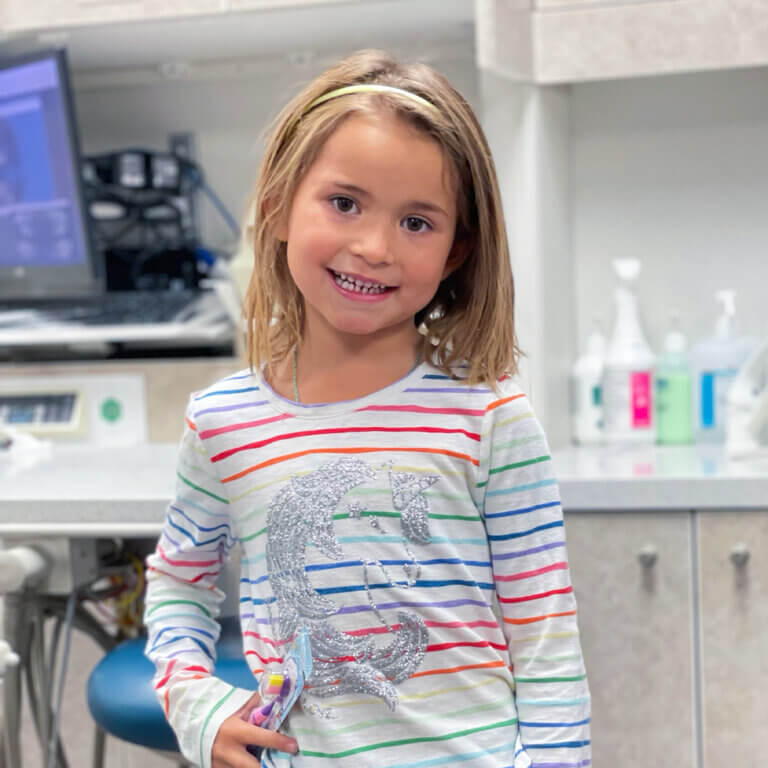
Smile! We’ve got the insights you’re looking for
Do you care for children with special needs?
Our pediatric dentists have an additional two years of advanced training beyond dental school. Their specialty education provided additional training that focused specifically on care for children with special needs. Additionally, our office is designed to be physically accessible to special patients.
What are dental sealants, and who can benefit from them?
The chewing surface of the children’s teeth is the most susceptible to cavities. Sealants are adhesive coatings that are applied to the tops of the teeth and can be very effective in preventing tooth decay. Molars are the most decayed teeth because plaque accumulates in the tiny grooves of the chewing surfaces. Sealants cover the groove so bacteria is less likely to get in.
Read moreDoes your child use a sippy cup?
Sippy cup or nursing bottle mouth (early childhood caries) is caused by frequent and lengthy exposure to liquids containing sugars (milk, breast milk, sports drinks, formula, soda, fruit juice) and can destroy your child’s teeth if not caught in time. It’s best to let us check your baby early, before his/her first birthday.
What is baby bottle tooth decay and how can I prevent it?
Baby bottle tooth decay is a pattern of rapid decay associated with prolonged nursing. It happens when a child goes to sleep while breast-feeding or bottle-feeding. During sleep, the flow of saliva is reduced and the natural self-cleansing action of the mouth is diminished. Avoid nursing children to sleep or putting anything other than water in their bedtime bottle.
Read moreWhat do you do at your office to keep dental visits happy?
We use child friendly words to describe everything we do and we use encouragement and positive reinforcement to help children trust us and gain confidence in themselves. We interact with our patients because we want them to know that yes we care about their teeth, but we also care about them as a person.
What if a child needs to have a procedure done that involves more than a cleaning and examination?
It can be an uncertain time for a parent when their child needs treatment of any kind. It is our job to make sure parents are comfortable with our recommendations and all their options. We appreciate the opportunity to work one on one with children during treatment so we can focus on each other. We love to see a child realize what they can do and watch them be proud of what they’ve accomplished.
What causes tooth decay?
Four things are necessary for cavities to form—a tooth, bacteria, sugars or other carbohydrates, and time. Dental plaque is a thin, sticky, colorless deposit of bacteria that constantly forms on everyone’s teeth. When you eat, the carbohydrates or sugars in your food cause the bacteria in plaque to produce acids that attack the tooth enamel. With time, the enamel breaks down and a cavity forms.
Why Smiles in Motion?
We have board certified Pediatric Dentists and a specialty trained team. We absolutely love spending our day with children and forming relationships with them. It is our collective goal that children are comfortable with us in their dental home and that parents feel 100% confident that their children are receiving the highest quality care in a comfortable and safe atmosphere.
Why are baby teeth important?
Primary teeth have been labeled “baby teeth.” Primary teeth are necessary for proper chewing, speech, development of the jaws and esthetics. Care of the primary teeth is important, not only for proper function but also to avoid a number of unpleasant conditions, such as pain, that result from their neglect.
Read moreWhat can a parent do to help stop oral sucking habits?
Most children do stop on their own, but some require additional help from their parents or pediatric dentist. For patients with a pacifier habit, the most successful way to stop is to simply take the pacifier away. For thumb/finger habits, we recommend using a rewards calendar. Your pediatric dentist may recommend placing an appliance that does not allow the patient to suck on their thumb or finger.
When should my child start using toothpaste?
Children may start using fluoride toothpaste when the baby teeth erupt, but only under direct supervision by a parent. Use only a very small amount of toothpaste (about half the size of a pea) and wipe off the tooth and gums with a washcloth afterwards.
Read moreDoes your child use a pacifier or suck his/her thumb?
This type of sucking is completely normal for infants and young children. It provides security and relaxation. Most children stop sucking their thumb or pacifier between two and four years of age with no harm to their teeth or jaws. However, children should cease these habits prior to the eruption of their permanent teeth.
Why should my child see a pediatric dentist instead of our regular family dentist?
Pediatric dentistry is a dental specialty that focuses on the oral health of young people. Following dental school, a pediatric dentist spends two to three years in additional specialty training in the unique needs of infants, children, and adolescents, including those with special needs.
Read moreHow should you manage a child’s risk for developing cavities?
We recommend a child still brush twice daily, most importantly at nighttime. We recommend flossing daily as well. It can be tricky, especially kids with tighter crowded teeth. We strongly encourage that this is done with supervision of an adult until at least age 8 or 9. We also recommend that the child visits the dentists every 6 months to evaluate the need for X-Rays, Sealants, fluoride.
At what age should my child visit a pediatric dentist?
The American Academy of Pediatric Dentistry recommends that a child’s first visit to the dentist should occur by twelve months of age. This visit will enable our pediatric dentists to evaluate your child and discuss proper oral hygiene. Early education and guidance about diet, fluoride, tooth eruption and finger/pacifier habits can help ensure optimal dental health.
Read moreA lot of young children like to suck on their fingers, thumbs and pacifiers, can these have adverse affects?
You’re right! Sucking on thumbs, fingers and pacifiers is very normal and actually provides security for the very young child. Most children will stop this habit on their own between the ages of 2 and 4. Our guidelines recommend stopping that habit around 3 years of age to prevent any issues with the developing jaw and the way the teeth are positioned.
What do you recommend for busy families so they are making good dietary choices on a daily basis?
Diet plays a really important role for the development or risk for cavities. Eliminating chocolate milk or any juice all together is great, but moderation is key. Stay away from the sports drinks like Gatorade, Powerade and even sodas because they have a lot of acid. Mostly importantly stay away from sticky snacks like gummy vitamins, fruit snacks, things that stick in the grooves of your teeth.
If my child gets a cavity in a baby tooth, should it still be filled?
Yes! Primary or “baby” teeth are important for many reasons. Not only do they help children speak clearly and chew naturally, they also hold space that permanent teeth can follow when they are ready to erupt. Pain, infection of the gums and jaw, impairment of general health and premature loss of teeth are just a few problems that can happen when baby teeth are neglected.
My child likes to drink sports drinks. Is that a problem?
Yes. Sports drinks can cause as many cavities as regular soda pop. During hot, strenuous activities, sports drinks may be helpful, however if they contain sugar, they can also cause cavities. Kids age 6 and up should aim to drink at least 8 glasses of water per day.
Aren't they just baby teeth?
Yes, but most children get their first teeth by age 1 and lose their last baby tooth by age 13. Early care and prevention are crucial. Baby teeth shape the mouth, allow for chewing, appropriate speech, and help guide permanent teeth into the mouth correctly. Cavities are a bacteria that if left untreated can cause significant pain and spread to neighboring teeth, surrounding bone and throughout the body.
Read moreWhat can parents do to help make dental experiences positive ones?
If parents have their own fear or anxiety about the dentist, they should not share those with their child. Dentistry has changed over the years, and it is important to allow their child the opportunity to like their dentist and their dental home. Parents can refer to the dentist and team as helpful and as friends. If the parents show they trust the dentist their child will too.
Read moreHow often should my child visit a pediatric dentist?
The American Academy of Pediatric Dentistry recommends that most children visit the dentist at least twice a year. Some children need more frequent care and teeth cleanings because of increased risk of tooth decay, unusual growth patterns, or poor oral hygiene. Our pediatric dentists will help determine the best teeth cleaning schedule for your child.
